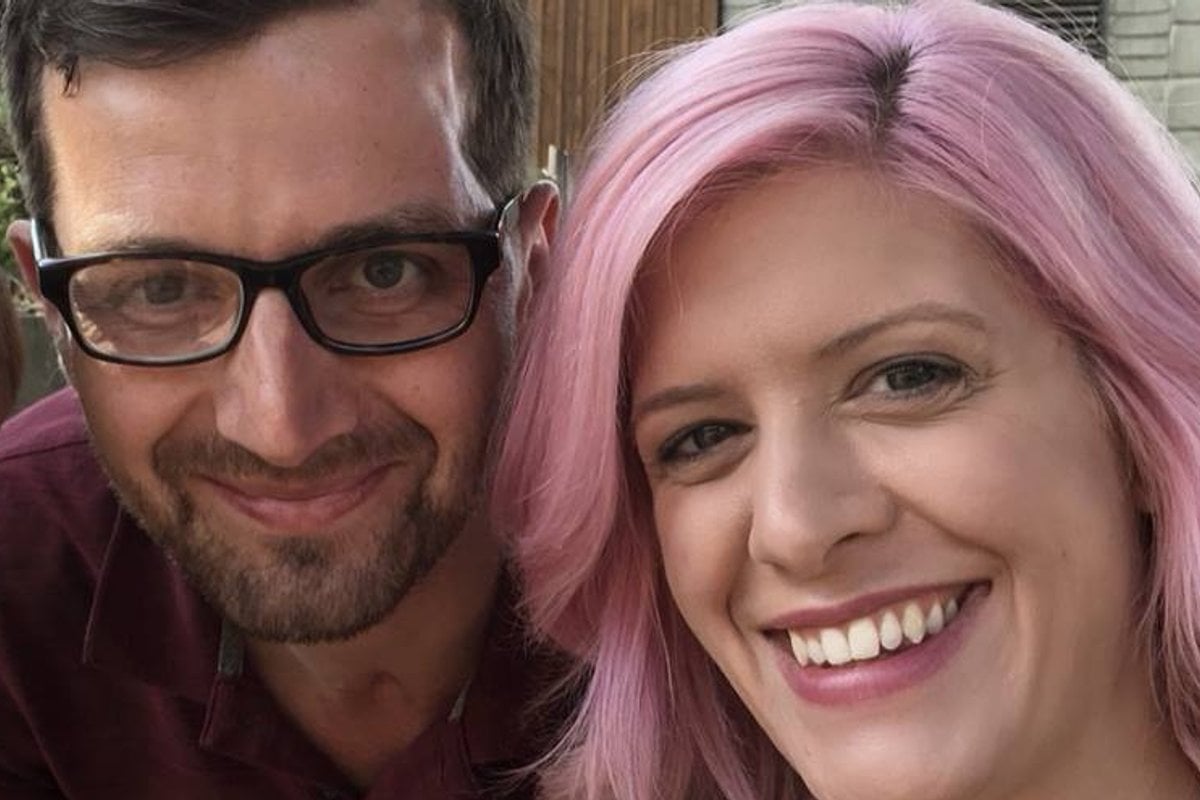
It's March 26, 2015, and Kim Beyer is starting her day off as usual.
She's just put her newborn down for his first nap of the day and is now feeding her two-year-old breakfast in the kitchen.
Her husband, Matthias, gives her a kiss goodbye before running out the door to work.
Two hours later, Matthias' co-worker knocks on the front door and tells her that her husband "had come out of his office saying his head hurt, before hitting the floor and having a seizure."
Matthias was 35 years old, and he'd had the worst brain aneurysm their hospital in Columbus, Ohio, had seen in over 20 years.
"I took one look at him and I knew how bad it was," Kim, who was 32 at the time, recalled on TikTok.
"He just looked like death, he's the wrong colour."
She was told it was unlikely her husband would survive and they would need to remove a big part of both his brain and his skull.
He remained on life support for 10 days post-surgery, and family and friends came to visit to say their goodbyes.

